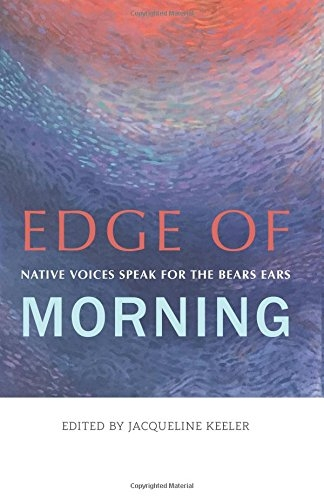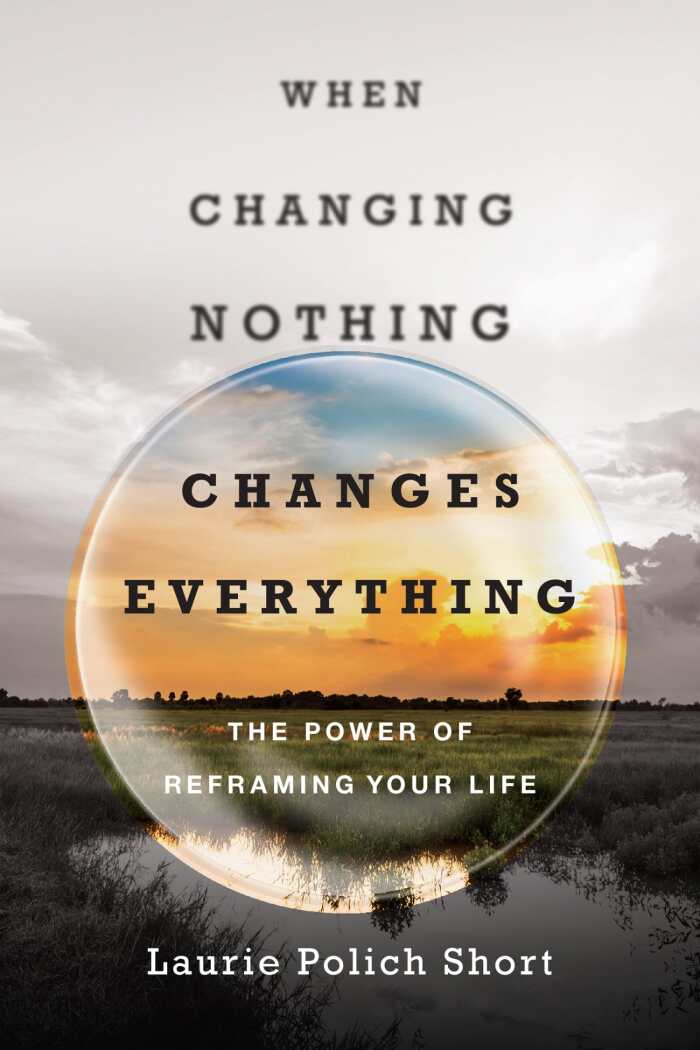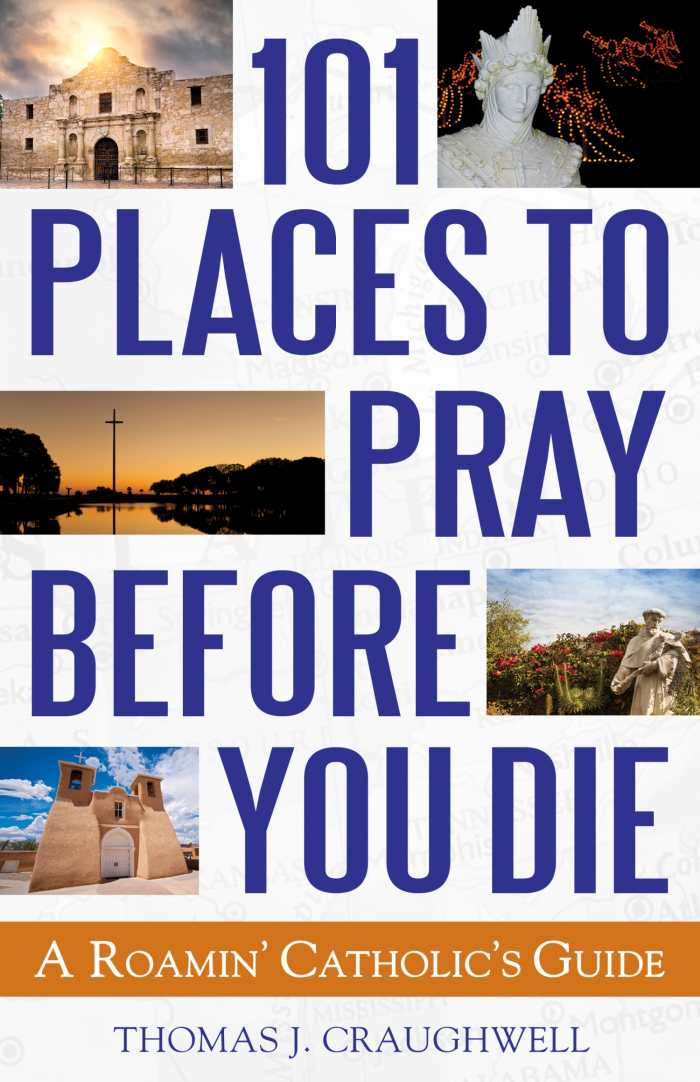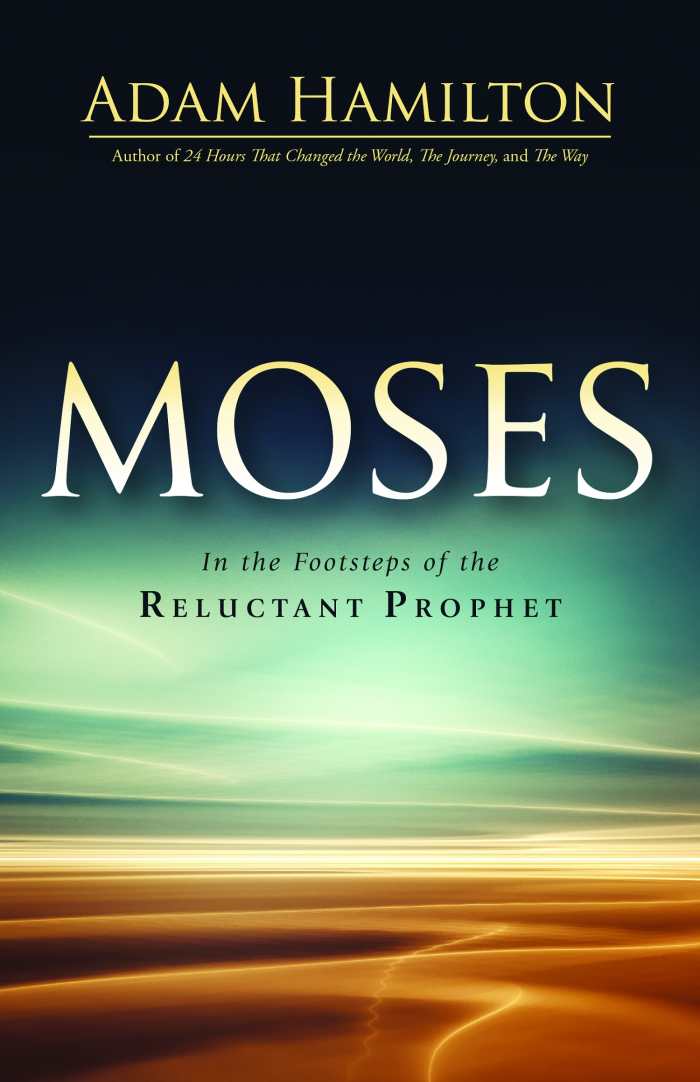Books on Religion to Guide Everyday Life

Religion is something that can permeate your activities, it can build cultures, and it can help in times of trouble. These books reviewed in our Religion Spotlight demonstrate how religion can be a part of our actions and experiences.
Edge of Morning
Native Voices Speak for the Bears Ears

Jacqueline Keeler, editor
Torrey House Press
Hardcover $19.95 (168pp)
978-1-937226-71-8
Buy: Local Bookstore (Bookshop)
Encompassing wisdom and grace, Edge of Morning is a finessed articulation of respect and the simplicity of being human.
Edge of Morning: Native Voices Speak for the Bears Ears, edited by Jacqueline Keeler of the Navajo and Yankton Dakota tribes, is a poignant and edifying collection of interviews, essays, and poems that details the efforts of an unprecedented intertribal alliance to protect the cultural resources of the Bears Ears region in southeastern Utah. The anthology also describes how Native peoples’ heritage and identity are inextricably linked to land and the fight to preserve their sacred spaces is a fundamental responsibility.
Spanning 1.9 million acres, Bears Ears is the ancestral homeland to more than thirteen southwestern tribes. Artifacts, petroglyphs, and cave dwellings indicate the presence of native peoples since time immemorial. In 2015, prompted by ongoing desecration and extraction of its natural resources by energy companies, five tribal governments—the Ute Mountain Ute, Navajo, Hopi, Pueblo Zuni, and the Ute Indian tribe of Utah—united to form the Bears Ears Inter-Tribal Coalition and lobby President Obama for permanent protection. Their proposal succeeded, and Obama designated 1.35 million acres a national monument in 2016.
Structured in three sections that offer interviews with coalition organizers, narratives from activists and academics about traditional connection to Bears Ears, and accounts from indigenous leaders about access to land across the United States, the anthology is thoughtful, sobering, and expansive. It emphasizes that preservation of all sacred lands to which native peoples lay claim does more than protect fragile ecosystems and archaeological sites. It allows modern people to experience how their ancestors lived and uphold traditional knowledge for future generations.
Accordingly, the collection demands contemplation of critical questions, such as: What is the value of indigenous cultural landscapes compared to the land’s natural resources that can be extracted for economic wealth? Where is the value of the land? Who has authority to control the land: indigenous populations whose ancestral “footprints [span] across the landscape” for millennia or “contemporary” settlers who colonized the area?
Encompassing wisdom and grace, Edge of Morning is a finessed articulation of respect and the simplicity of being human.
AMY O'LOUGHLIN (May 27, 2017)
Invention
Think Different; Break Free From the Culture Hell Bent on Holding You Back

Justin Camp
Elevate Faith
Softcover $16.99 (230pp)
978-1-945449-20-8
It’s practical teaching, biblically based, and relatable for anybody.
The subtitle on Justin Camp’s Invention may seem a little contrary at first: breaking free from a “culture hell bent on holding you back” would mean you strive for success in life, right? Well, yeah, in a manner of speaking; the success Camp speaks of is not in the worldly sense, but in the sense of living a fulfilling life serving God and being the person God created you to be.
Camp has designed Invention as a step-by-step guide for men to remake their lives, to draw them away from the societal pulls toward greed, the empty pursuits of wealth and notoriety, and substance abuse, and toward God. Camp pins this Christian discipleship book around the stories of well-known inventors—Thomas Edison, the Wright Brothers, Alexander Graham Bell, and more—to illustrate various aspects of the ultimate “inventor,” God, and to lead men through the concepts of reinventing a life.
He includes patent drawings with the inventor stories, to which he also adds an imagined narrative of a day in each inventor’s life, a little poetic license to help bring each one to life. He includes questions to meditate on in each of the eight chapters, and a couple of appendices to offer more of a workbook for moving forward and making change. Call this one about 75 percent reading and 25 percent “doing.”
Camp’s language is very clean and easy to follow. Just straight-up talk, frank and honest. There is liberal use of scripture and biblical examples. A strain of humility runs throughout, punctuated by parenthetical statements like “(I did.)” when discussing some negative behavior, for example. Camp presents specific messages of our modern culture that he debunks as lies, messages such as “Look out for you” or “Make a name for yourself.”
Yes, this is a book geared toward men, as was Camp’s earlier devotional book, WiRE. But this is not all gender-specific—there’s no emphasis on any assumed male role in the family or society, for instance. It’s practical teaching, biblically based, and relatable for anybody.
BILLIE RAE BATES (May 27, 2017)
When Changing Nothing Changes Everything
The Power of Reframing Your Life

Laurie Polich Short
InterVarsity Press
Softcover $16.00 (171pp)
978-0-8308-4479-1
Buy: Local Bookstore (Bookshop)
Short assures that happiness and fulfillment are attainable even in difficult and unchangeable circumstances.
In When Changing Nothing Changes Everything: The Power of Reframing Your Life, Laurie Polich Short argues that fulfillment is achievable regardless of present circumstances. Her book provides a plan for embracing the process of living by shifting to a broader perspective of life.
Short identifies and explains four different lenses for re-viewing life: the Big View, the Present View, the Rear View, and the Higher View. By applying the ideas associated with these “views,” anyone can begin a path to fulfillment. Short asserts that living through, rather than circumventing, difficult or painful situations is part of the process. Each of us lives a script where the next or final scene is unknown. The essential “power for reframing your life” is having faith in the scriptwriter—God.
Each lens is thoroughly explored in a section of the book. Short uses Bible stories, personal anecdotes, and other short narratives to illustrate each lens. She often focuses on the inspiring stories of those she has met through her work or during her travels. These more personal stories are fresh and effective. Some examples (Ghandi, Mandela) are too familiar to be as effective. Whether she is talking about the ALS ice-bucket challenge or a fateful drive in California, Short writes with the conversational ease of a polished public speaker.
In addition to being a motivational speaker, Short is an associate pastor in Santa Barbara, California. She often uses aphorisms to highlight the text (“Live fully right where you are”). Short moves her discussion beyond the range of a Sunday sermon in several ways. She quotes philosophers like Kierkegaard (“Life can only be understood backwards”) and includes passages from secular texts like A Tree Grows in Brooklyn. These features invite reflection without requiring the absolute faith that Short prescribes.
When Changing Nothing Changes Everything ends with an invitation to begin a life of reflection. Short assures that by re-viewing your life, happiness and fulfillment are attainable even in difficult and unchangeable circumstances.
GERALDINE RICHARDS (May 27, 2017)
101 Places to Pray Before You Die
A Roamin’ Catholic’s Guide

Thomas J. Craughwell
Franciscan Media
Softcover $18.99 (256pp)
978-1-63253-086-8
101 Places to Pray Before You Die will guide you to places that can revitalize your spiritual life and nourish your soul with beauty.
Calling the book his “Catholic bucket list,” Thomas J. Craughwell, in 101 Places to Pray Before You Die: A Roamin’ Catholic’s Guide, shares his joy in the discovery of hallowed sites across all fifty states. In telling their stories and legends, he honors the people and cultures that made them both beautiful and holy.
Craughwell’s interest in these sacred places was inspired by his treks around New York City, his hometown, with the American Institute of Architects Guide to New York City tucked under his arm. He encourages travelers to visit not just great and mighty architectural gems, but the little-known places that hold delights for the soul, beginning with St. Bernard’s Abbey, in Alabama, and ending with Our Lady of Peace Shrine, in Wyoming.
Those who follow the path he charts will discover art that ranges from the sublime to the “borderline creepy,” architecture that spans styles from the Gothic to the starkly modern, places that hold the relics of martyrs and saints, and much more. All these treasures tell stories of the inspirational, conflicted, and sometimes bloody history of the Catholic Church in America; of brave nuns who tended the wounded and dying on Civil War battlefields; of immigrants fleeing persecution, bringing their faith to a new land; and of the perennial need of humans to give honor and glory to something greater than themselves.
There are monuments and battlegrounds to see, mission buildings built by the Indians they served and colorfully decorated by Mexican artists, exuberantly ornamented churches built by European immigrants wanting to feel a touch of home, quiet cloister gardens that invite contemplation, and places where nuns still wear the traditional habit of their order and chant the Divine Office in heavenly Gregorian plainsong.
Craughwell provides the address, hours of operation, and contact information for each site, as well as suggestions for prayer based on its history. Catholic or not, 101 Places to Pray Before You Die will guide you to places that can revitalize your spiritual life and nourish your soul with beauty.
KRISTINE MORRIS (May 27, 2017)
Moses
In the Footsteps of the Reluctant Prophet

Adam Hamilton
Abingdon Press
Hardcover $19.99 (208pp)
978-1-5018-0788-6
Hamilton invites readers of every stripe to apply the lessons he learned along Moses’s path in their own daily lives.
In Moses: In the Footsteps of the Reluctant Prophet, pastor Adam Hamilton investigates “the single most important figure in the Hebrew Bible,” visiting sites associated with his life story. Blending historical research and personal application, he asks what lessons the life of Moses, particularly the exodus to the Promised Land, holds for Christians today.
The book is accompanied by a DVD tracking Hamilton’s travels in Egypt and Jordan, including Thebes (now Luxor), where Moses was born circa 1300 BCE, and Mount Sinai. Along the way, Hamilton draws connections between history, legend, and theology. He also notes where the stories of Moses have entered into popular culture, as in Martin Luther King Jr.’s speeches.
Maps and black-and-white photographs help document the film crew’s travels through the Middle East. One highlight is St. Catherine’s Monastery (on the Sinai Peninsula), a UNESCO World Heritage Site that claims to be the location of the burning bush. Spending time in the wilderness is a recurring biblical trope, Hamilton remarks, and for Moses, this incident marked his transformation from a fugitive shepherd to a prophet on a divine mission.
If the Torah were a movie, Hamilton contends, it would bear the disclaimer “based upon actual events.” In other words, not everything must be taken literally. He cites two opposing methods of interpreting religious history: a “minimalist” might question the very existence of Moses, while a “maximalist” would accept every narrative about him as factual. Luckily Hamilton is somewhere in between, which makes him a perfect tour guide—he attributes theological significance to Moses’s life, but acknowledges that the Red Sea crossing and the Egyptian plagues may have natural rather than supernatural explanations.
It’s important to note that the book is directed at Christians rather than at Jews or secular scholars: the author interprets events, and especially the Ten Commandments, in the light of Jesus’s teachings. However, in asking “What does the story teach us about God … and about ourselves?” Hamilton invites readers of every stripe to apply lessons learned on the ground to daily life.
REBECCA FOSTER (May 27, 2017)
Foreword Reviews
